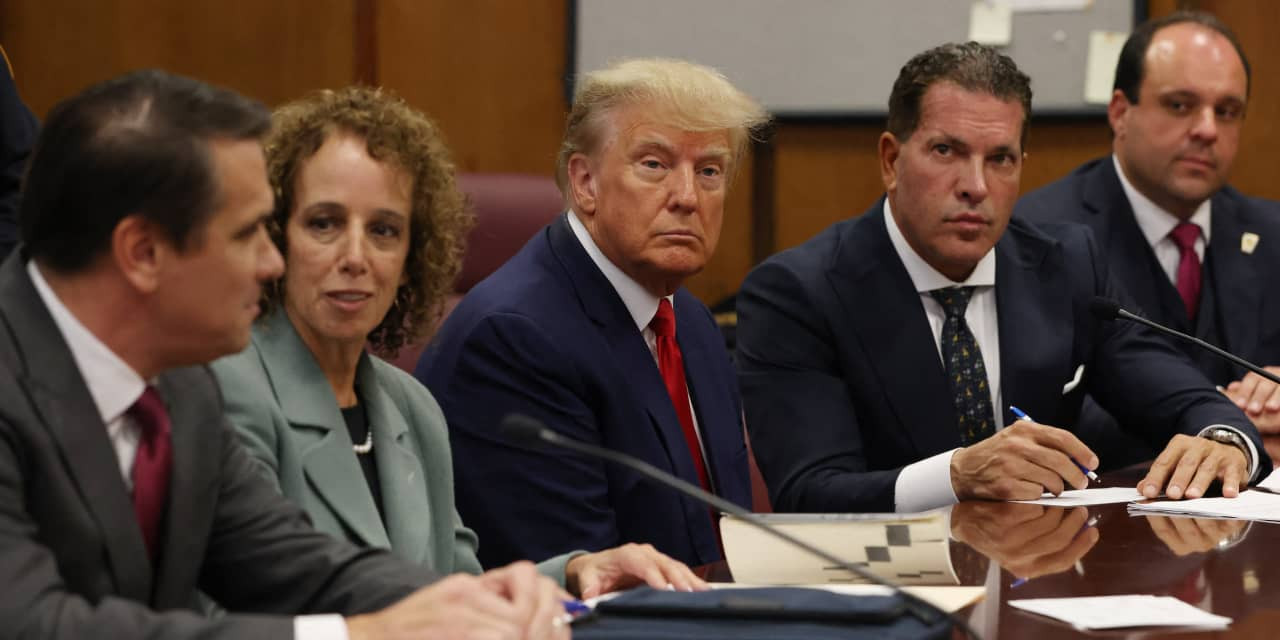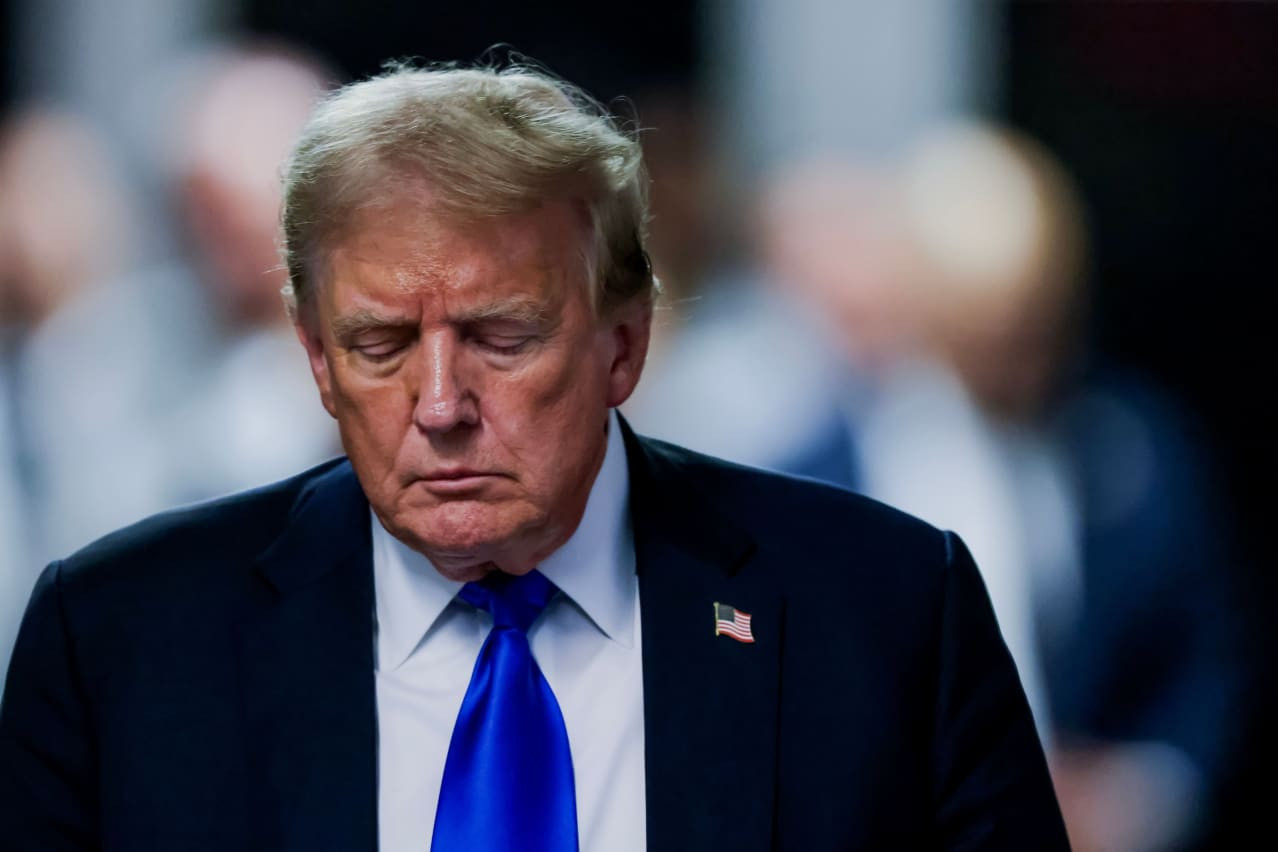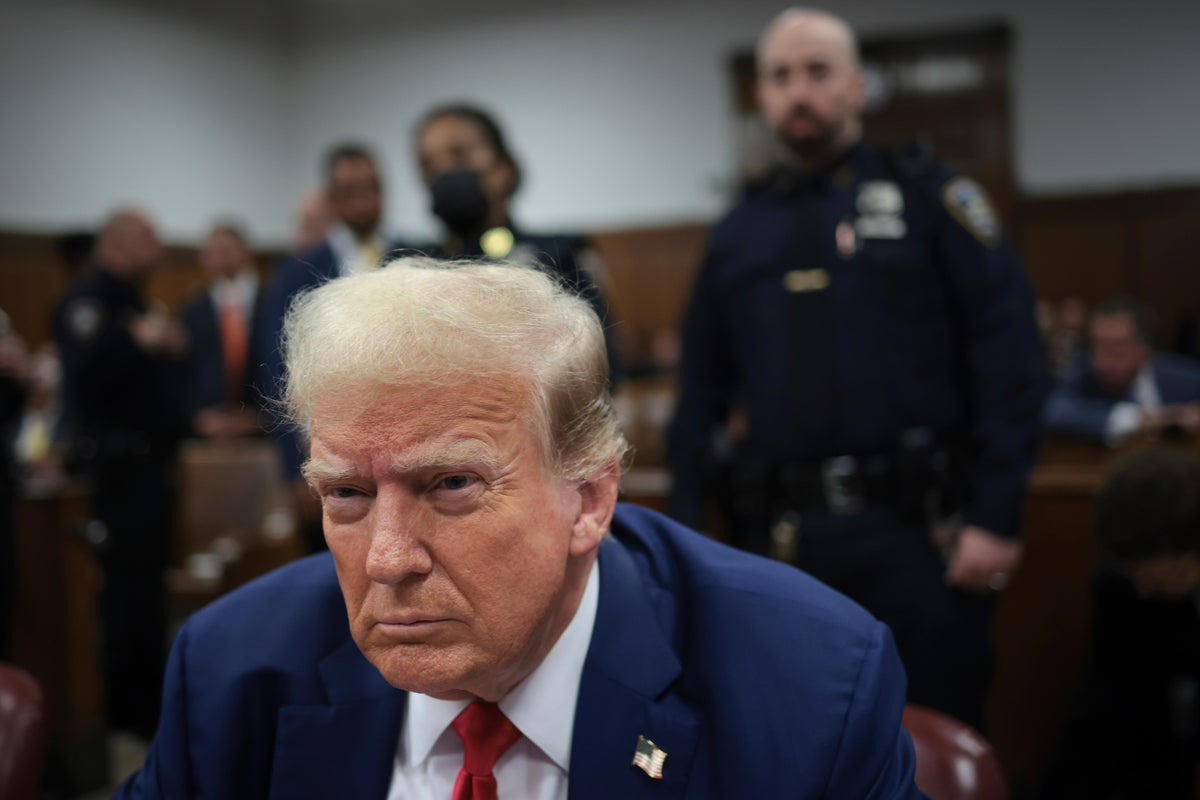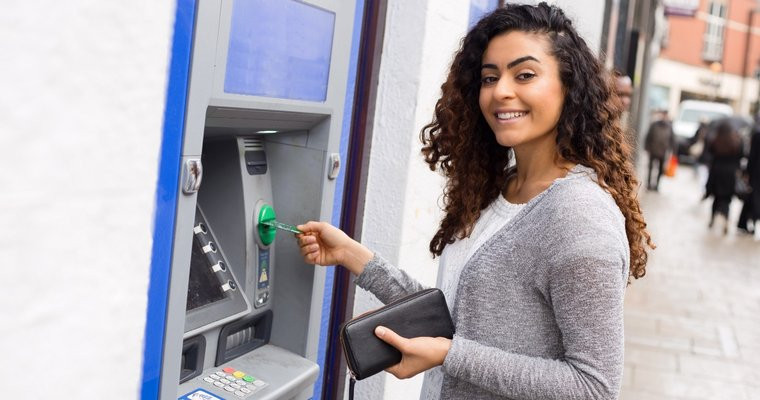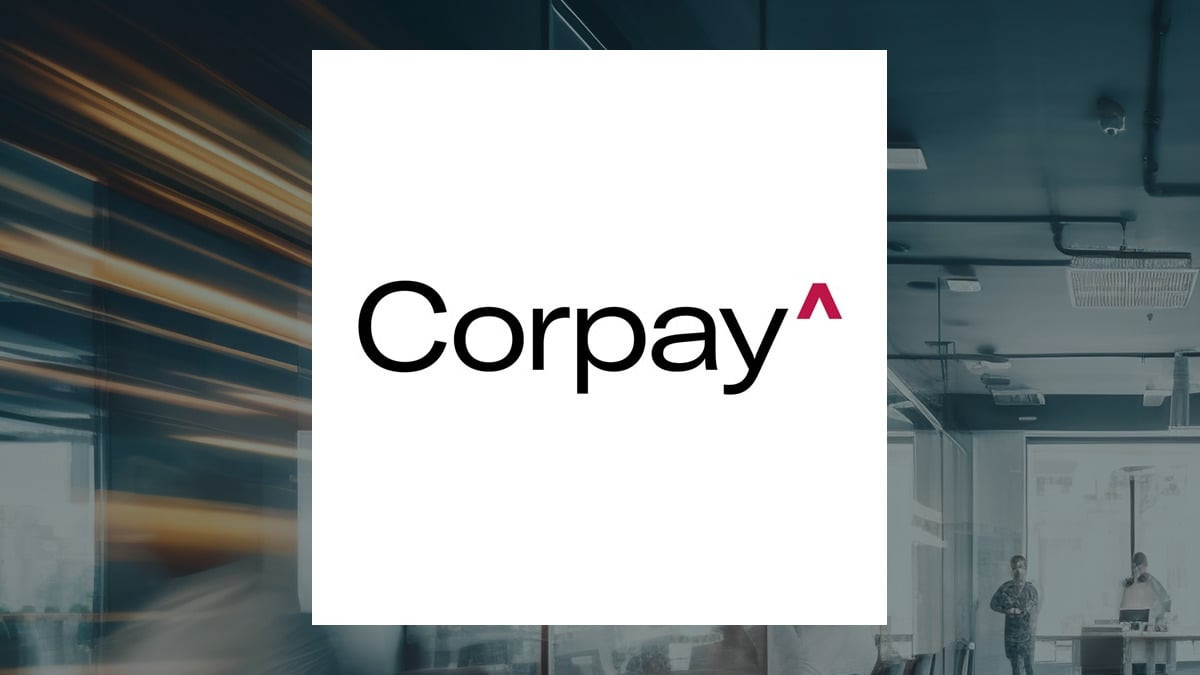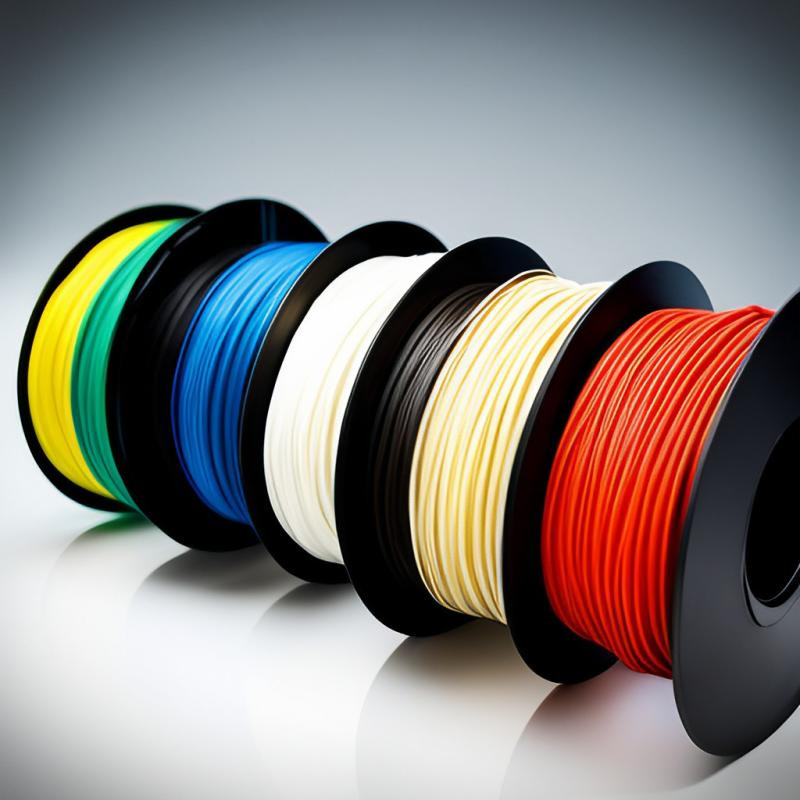Trump's Hush Money Case: An Unconditional Discharge and its Implications
Today's short hearing marked the end of a long legal saga, an eventful eight-week trial dating back to May of last year. Months after Trump was found guilty on 34 counts of falsifying business records, the sentencing finally concluded. The uncertainty surrounding the timing of his sentencing, especially after his 2024 presidential election win, had kept the nation on edge. Justice Juan Merchan stated that concluding the case and finalizing the conviction of a former president was paramount.
The Verdict and Sentence: Unconditional Discharge
Justice Merchan, in weighing the conviction against Trump's upcoming White House term, opted for an unconditional discharge. This means no jail time, fine, or probation. This decision, while seemingly lenient, reflects a complex interplay of legal and political factors. The Supreme Court's decision played a significant role in this lenient sentence, as any restriction on Trump's activities could be interpreted as constraint on the US president. Professor John Coffee of Columbia University Law School noted that the Supreme Court emphasized that the sentence would not meaningfully constrain Trump. By issuing a more lenient sentence, Merchan efficiently concluded the case, avoiding a potentially years-long drawn-out process. Coffee commented that he “would favour lenience to get the conviction finalised.”
Was the Sentence Typical?
The question remains whether the sentence was typical for a defendant facing similar charges and exhibiting similar behavior, such as violating a gag order. Professor Coffee's response was a resounding “No. Of course not.” This stark contrast highlights the extraordinary nature of the case and the unique challenges posed by sentencing a president-elect.
Trump's Reaction and the Political Landscape
Trump, appearing via video link from Florida, addressed the court for the first time during the trial. He vehemently protested the case, deeming it “unfair” from the outset. He declared himself “totally innocent” and his attorney echoed this sentiment, stating that the charges should never have been brought. Trump described the experience as a “terrible experience.” His statements and the overall reaction to the sentence from his supporters illustrate a deep partisan divide. It's impossible to ignore the political implications of the ruling: Trump, a convicted felon, will now hold the highest office in the land. A convicted felon, as a result of this conviction, faces restrictions like a ban on gun ownership, according to former Brooklyn prosecutor Julie Rendelman. He will also be required to submit a DNA sample to New York state's crime database.
Trump's Post-Sentencing Statement
Following the sentencing, President-elect Trump took to Truth Social to characterize the proceedings as a “despicable charade” and pledged to appeal. He asserted his innocence, claiming the case was a politically motivated “witch hunt.” His reaction reinforces the highly charged political environment surrounding this legal battle.
The Judge's Rationale and Legal Experts' Opinions
Justice Merchan addressed the court, explaining his decision to issue an unconditional discharge. He acknowledged the unprecedented nature of the situation, describing it as an “extraordinary case,” a paradox where the trial drew immense media attention outside the courtroom but remained ordinary within. He emphasized that his sentence was the “only lawful sentence, without encroaching upon the highest office in the land”. He also maintained that the conviction remained, reiterating that presidential protections do not erase a jury's verdict. Legal experts such as Barbara McQuade, a professor at the University of Michigan Law School, offer a balanced perspective, suggesting Merchan’s approach carefully balanced competing values: the president’s constitutional duties, the rule of law, and deference to the jury’s verdict. McQuade noted that while Trump will not serve any prison time, “history will record that he is a convicted felon.”
Prosecutorial Responses
The prosecution's response, delivered by Joshua Steinglass, highlighted the overwhelming evidence against Trump. Steinglass emphasized the damage Trump inflicted on public perception of the criminal justice system and the danger posed to court officers. Despite this, he supported Merchan’s sentencing decision of no formal punishment.
Trump's Remaining Legal Battles
With the conclusion of the Manhattan hush-money case and the dismissal of the two federal indictments due to his upcoming presidency, only one prosecution remains: the Georgia case concerning alleged election subversion efforts. However, this case’s future is uncertain, currently hampered by legal delays and internal conflicts within the prosecution team, which experienced the removal of Fulton County District Attorney Fani Willis due to a conflict of interest. The political complexities of this case, coupled with presidential immunity, pose substantial obstacles to its progression. The ongoing legal battles surrounding Trump underscore the unusual and challenging aspects of his case. The situation is unprecedented, with no historical precedent for a president-elect facing criminal charges and a subsequent sentencing.
A Verdict Rendered, A Legacy Forged
The unconditional discharge in the hush money case, while avoiding traditional forms of punishment, serves as a permanent stain on Trump's record. He's the first president to hold office with a felony conviction, and, whether he likes it or not, that is a defining aspect of his presidency, impacting his legacy in ways that will continue to be debated for years to come. The case itself highlights the complexities and challenges at the intersection of law and politics. The questions raised by the case—the balance between presidential immunity and the rule of law, the political implications of prosecuting a sitting or former president—will continue to generate discussions and shaping legal discourse for years to come.




